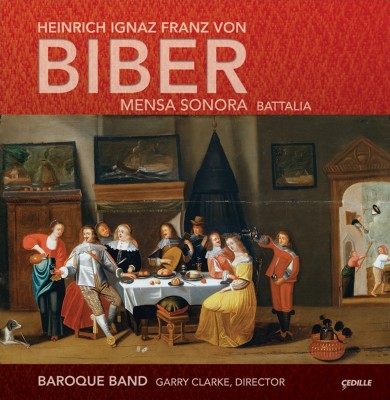
AllMusic Rating
User Rating (0)
Your Rating
Release Date
February 23, 2010Duration
56:23Genre
Styles
Recording Location
Nichols Hall, Music Institute of Chicago, Evanston, Illinois
Discography Timeline
See Full Discography
Maurice Greene: Overtures (2014)

